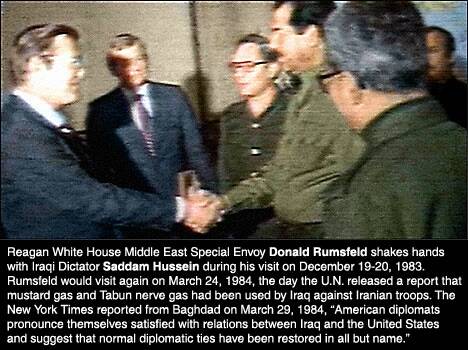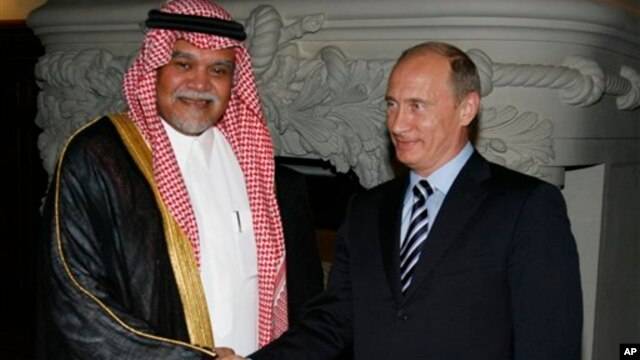Doc91678
Rookie
- Banned
- #1
Kerry a Frequent Visitor with Syrian Dictator Bashar Al-Assad
Dec 21, 2012 By DANIEL HALPER
John Kerry, who is expected to be nominated as secretary of state later this afternoon, has made frequent visits to Syrian dictator Bashar al-Assad.
Assad is now under fire for mass murdering his own civilians, as he fights an internal war to keep his position of power. Even Obama has called for Assad to go.
In February 2009, Kerry led a delegation there to engage Syria. Syrian President Bashar al-Assad told visiting US members of Congress on Saturday that the United States should move away from a policy based on dictating decisions. Assad's guests on Saturday included US Senator John Kerry, who headed the third delegation this week to call on the Syrian president's door as Washington reviews its policies toward countries the previous administration regarded as hostile. Assad told his visitors that future relations should be based on a proper understanding by Washington of regional issues and on common interests, SANA news agency reported, AFP reported at the time.
AFP followed up with this report after the visit stating that Kerry believes "Syria is an essential player in bringing peace and stability to the region":
President Barack Obama's administration considers Syria a key player in Washington's efforts to revive the stalled Middle East peace process, US Senator John Kerry said in Damascus on Thursday. Syria is an essential player in bringing peace and stability to the region, Kerry, chairman of the Senate Foreign Relations Committee, said in a speech after meeting President Bashar al-Assad. Both the United States and Syria have a very deep interest... in having a very frank exchange on any differences (and) agreements that we have about the possibilities of peace in this region, he said in the statement.
Later, a couple months later, Kerry met again with Assad. "US Senator John Kerry met Syrian President Bashar al-Assad for a second time in as many months on Saturday for talks on regional issues, the American embassy in Damascus said," reported the AFP.

And here's a picture of John Kerry and his wife having a chummy dinner with the Assads:






